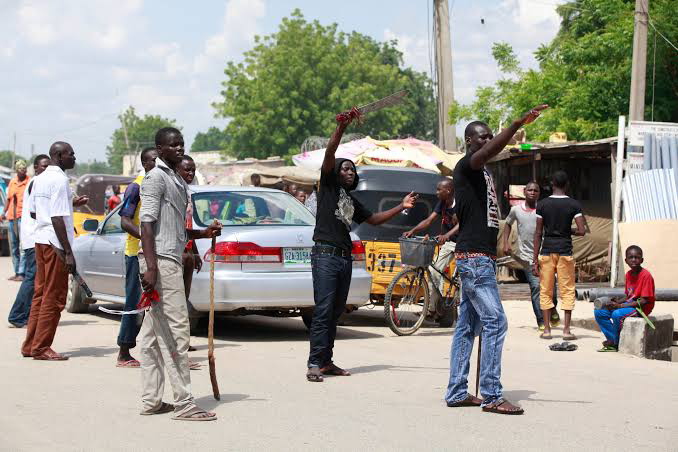In Borno, a Struggling Livestock Sector Finds New Hope Through Community and Government Efforts
By: Adamu Aliyu Ngulde, Maiduguri
For many livestock farmers in northeastern Nigeria’s Borno State, raising animals is more than just a livelihood it’s a lifeline. But after more than a decade of insurgency, weak infrastructure, and low productivity, many herders have found themselves struggling to survive.
In a bid to turn the tide, stakeholders gathered this week inside El-Kanemi Hall at Ramat Polytechnic in Maiduguri for a high-level engagement convened by the Borno State Livestock Productivity and Resilience Support Project known as L-PRES.
The meeting, backed by the Federal Government and the World Bank, brought together herders, crop farmers, policy makers, and livestock experts to share stories from the field and develop actionable plans to rebuild the sector.
“This gathering reflects our collective commitment to the people whose livelihoods depend on livestock,” said Ibrahim Hala Hassan, the State Commissioner for Investment, Trade and Tourism, who represented Borno’s Deputy Governor. He praised the resilience of local farmers and reaffirmed the government’s support for the project.
Dr. Kaidal Emmanuel, representing the Commissioner for Agriculture and Natural Resources, underscored the state’s dedication to equipping herders with modern resources, veterinary support, and improved grazing opportunities. “Our priority is to ensure our farmers are not left behind,” he said.
According to Dr. Makinta Alhaji Ali, the L-PRES State Coordinator, the engagement was designed to identify on-the-ground challenges and create a roadmap for sustainable livestock development. He and M&E Officer Abdullahi Bukar highlighted efforts including the development of solar-powered infrastructure, food-chain centres, and pastureland cultivation across 20 hectares in key rural communities.
Dr. Ali also commended Governor Babagana Umara Zulum’s leadership, especially in the establishment of RUGA (Rural Grazing Area) settlements, one of which is already operational and serving as a model for others in the region.
Experts like Professor Lawan Asheikh emphasized the importance of investing in disease control, veterinary services, and research to improve animal health and increase productivity.
For many attendees, the meeting offered more than technical solutions it gave a sense of shared purpose. “We’re hopeful again,” said one local herder. “We’ve been through a lot, but this tells us the government is listening.”
As Borno continues to recover from years of conflict, efforts like L-PRES offer a vision of revival one where cattle, goats, and camels once again support families, fuel trade, and restore dignity to those who rely on them.




Comments
Post a Comment